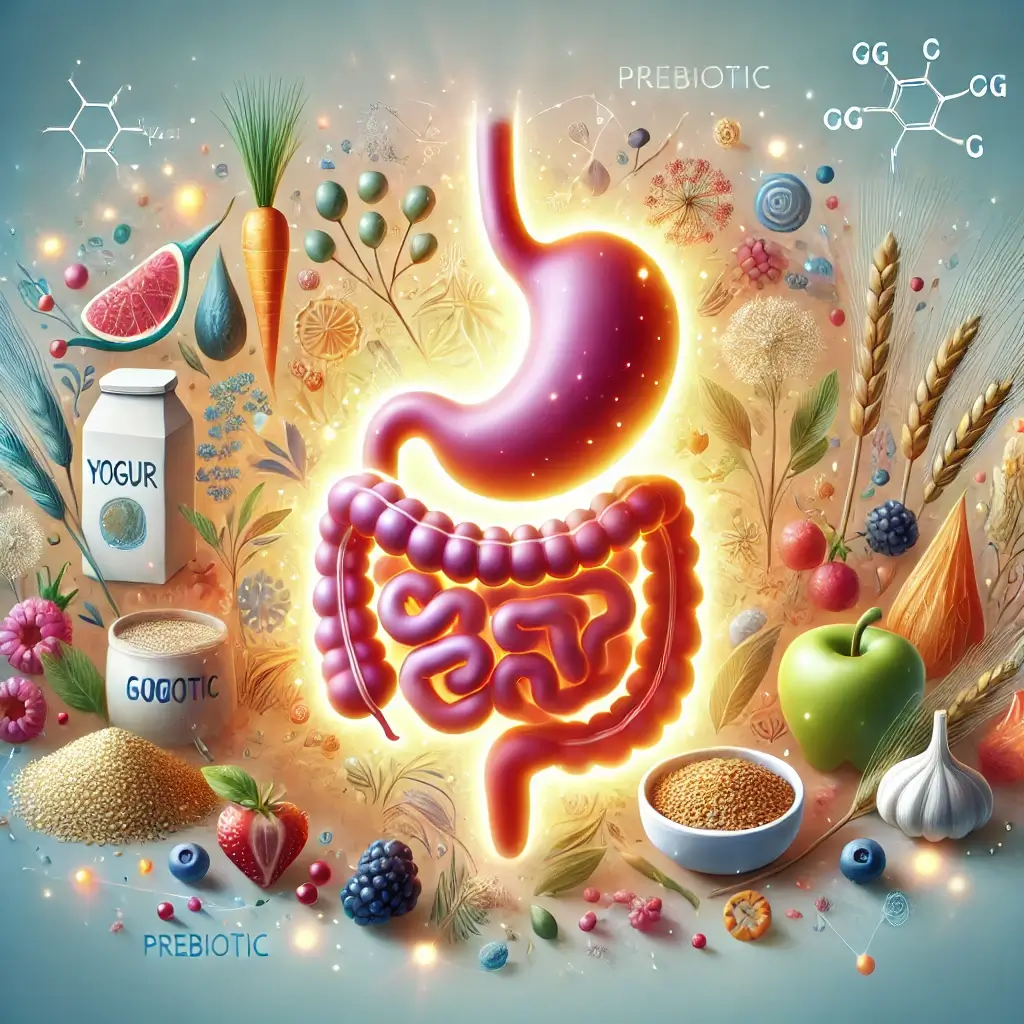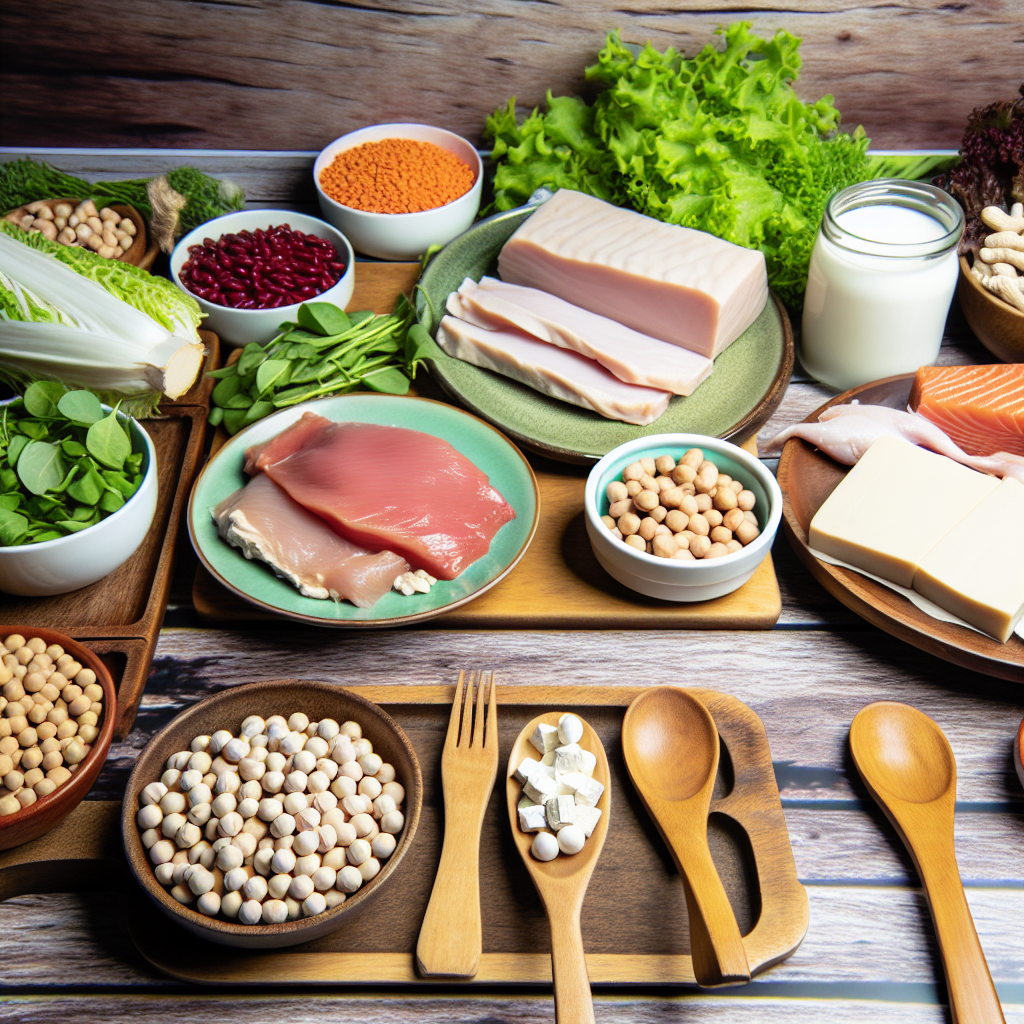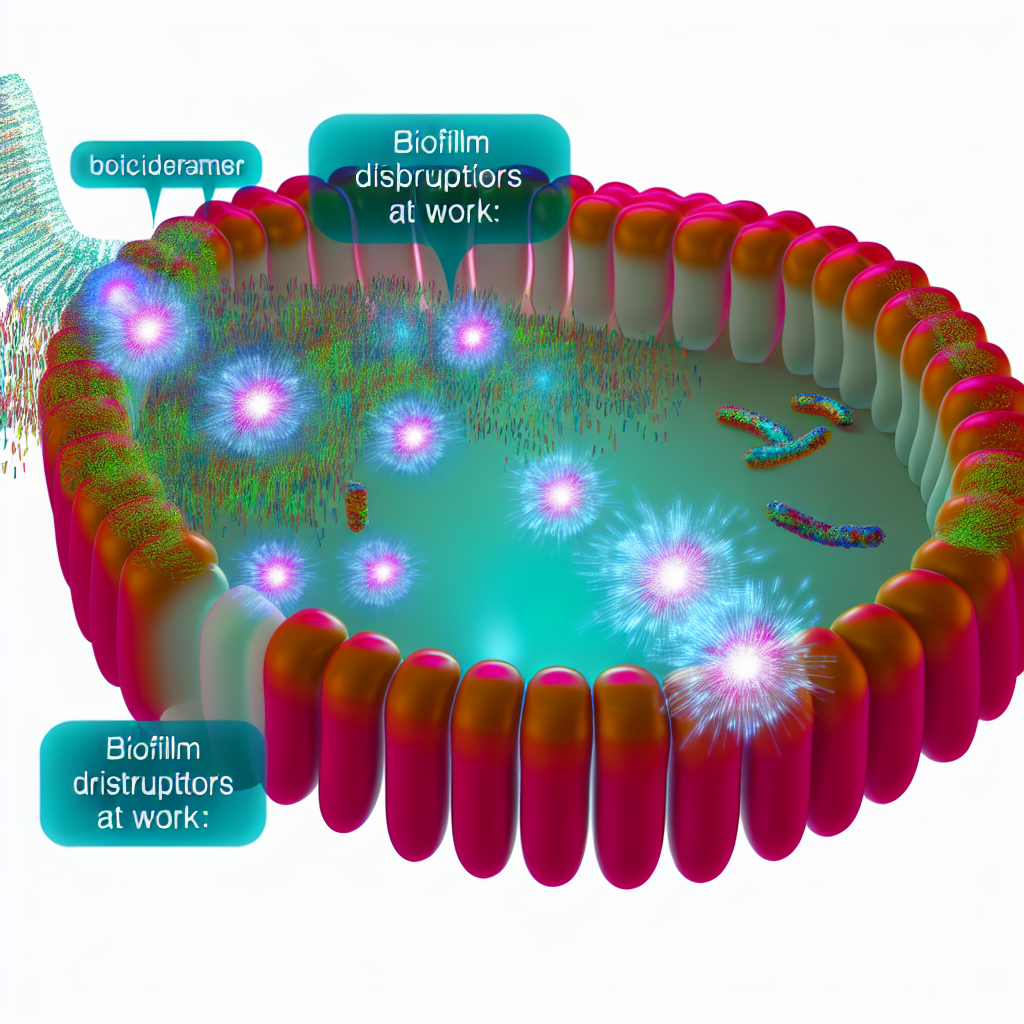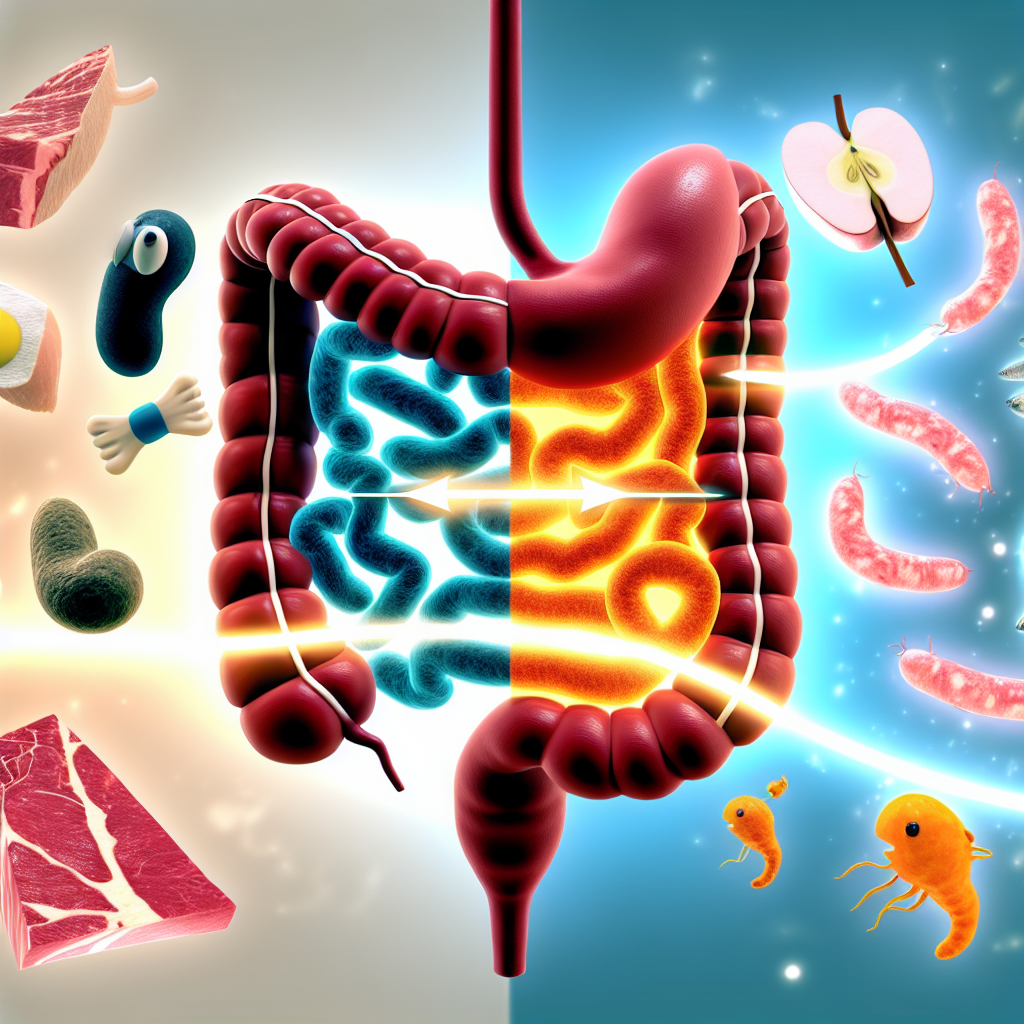Understanding Your Digestive System’s Microbiome
Your digestive system is a bustling hub of activity, powered by trillions of microorganisms that make up your gut microbiome. This diverse ecosystem of bacteria, fungi, and other microbes plays an essential role in digestion, nutrient absorption, immune system regulation, and even mental health. However, maintaining a balanced gut microbiome is not as straightforward as it might seem. Factors such as diet, stress, antibiotics, and illness can disrupt this delicate equilibrium, leading to a range of health issues.
The Power of Prebiotics and Probiotics
Enter prebiotics and probiotics—two powerful tools in the quest for gut health. Often mentioned together, these terms represent different but complementary ways to support a thriving microbiome. Prebiotics act as nourishment for beneficial bacteria, while probiotics introduce live microbes that can bolster and restore gut balance. Together, they form a dynamic duo that works synergistically to enhance digestive health and overall well-being.
The Role of Prebiotics in Gut Health
Prebiotics are non-digestible fibers found in various foods that serve as fuel for the beneficial bacteria already present in your gut. Unlike other nutrients that are absorbed in the stomach and small intestine, prebiotics reach the colon intact, where they undergo fermentation by gut bacteria. This process produces short-chain fatty acids (SCFAs), such as butyrate, which are crucial for maintaining the health of the colon lining, reducing inflammation, and supporting overall gut health.
Common Prebiotic Food Sources
A wide variety of foods contain prebiotics, including:
Fruits: Apples, bananas, and berries.
Vegetables: Onions, garlic, leeks, asparagus, and Jerusalem artichokes.
Whole Grains: Oats, barley, and whole wheat.
Legumes: Lentils, chickpeas, and black beans.
Incorporating these foods into your diet can promote the growth and activity of beneficial gut bacteria, leading to a more resilient microbiome.
Understanding Probiotics
Probiotics are live microorganisms that, when consumed in adequate amounts, provide health benefits by adding to the population of beneficial bacteria in your gut. They are particularly effective in restoring balance after disruptions caused by antibiotics, illness, or poor dietary choices. The most commonly studied probiotic strains include Lactobacillus and Bifidobacterium, which have been shown to alleviate symptoms of irritable bowel syndrome and prevent antibiotic-associated diarrhea.
Finding Probiotic-Rich Foods
Probiotics can be found in various fermented foods, such as:
Yogurt with live and active cultures.
Kefir, a fermented milk drink.
Sauerkraut and kimchi, fermented cabbage dishes.
Kombucha, a fermented tea.
Miso and tempeh, both made from fermented soybeans.
For individuals who do not consume enough fermented foods, probiotic supplements are an option. However, it is essential to consult a healthcare provider before starting any supplement regimen.
The Synergistic Benefits
While prebiotics and probiotics are beneficial on their own, they are even more effective when combined in what is known as a synbiotic approach. Prebiotics serve as the fuel that allows probiotics to thrive, enhancing their effectiveness. For example, a study published in Nature Reviews Gastroenterology & Hepatology found that synbiotics were significantly more effective in improving symptoms of irritable bowel syndrome than either prebiotics or probiotics used alone.
Daily Integration Tips
Here are some tips to make prebiotics and probiotics a part of your daily routine:
Diversify Your Diet: Include a mix of prebiotic-rich and probiotic-rich foods to support a balanced gut microbiome.
Experiment with Fermented Foods: Try incorporating new fermented products like kimchi or kefir to diversify your gut bacteria.
Consider Synbiotic Foods: Certain products combine prebiotics and probiotics, offering the benefits of both in one package.
Listen to Your Body: Pay attention to how your gut responds and adjust your diet as needed.
Final Thoughts
Prebiotics and probiotics are vital components of a healthy digestive system. By fueling beneficial bacteria and introducing new strains, they help maintain a balanced gut microbiome, which is crucial for digestion, immunity, and overall health. Embracing a diet rich in both prebiotic and probiotic foods—or consulting a healthcare provider for supplement recommendations—can empower you to take control of your gut health. Remember, consistency and diversity are key to achieving long-term results.
Research Citations
References
Gibson, G. R., et al. (2017). Synbiotics in health and chronic disease. Nature Reviews Gastroenterology & Hepatology, 10(11), 705-715. Link
Hill, C., et al. (2014). Expert consensus document: The International Scientific Association for Probiotics and Prebiotics consensus statement on the scope and appropriate use of the term probiotic. Nature Reviews Gastroenterology & Hepatology, 11(8), 506-514. Link
Zuo, T., et al. (2018). Gut microbiota alterations in IBS. Nature, 2(10), 321-330. Link

Dominic E. is a passionate filmmaker navigating the exciting intersection of art and science. By day, he delves into the complexities of the human body as a full-time medical writer, meticulously translating intricate medical concepts into accessible and engaging narratives. By night, he explores the boundless realm of cinematic storytelling, crafting narratives that evoke emotion and challenge perspectives.
Film Student and Full-time Medical Writer for ContentVendor.com




